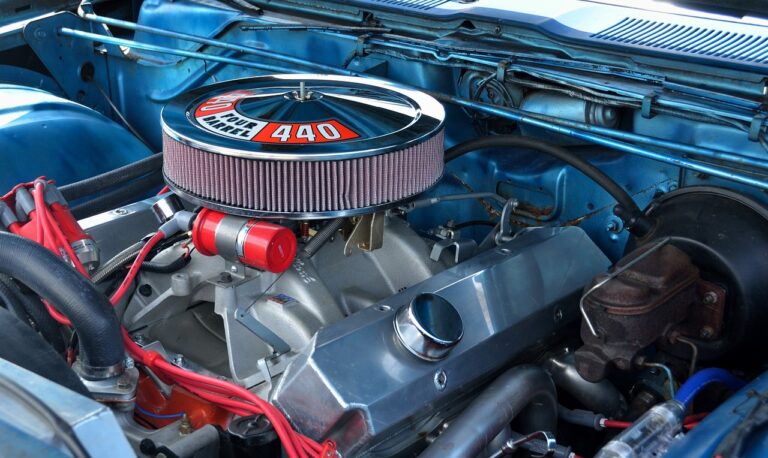The Role of Big Data Analytics in Improving Vehicle Performance
Data collection plays a pivotal role in enhancing vehicle performance. By gathering and analyzing data on factors such as engine performance, fuel efficiency, and driving patterns, manufacturers and engineers can gain valuable insights into how a vehicle operates under different conditions. This data allows them to fine-tune aspects of the vehicle design and functionality to optimize performance and ensure a safer and more efficient driving experience for users.
In addition to improving vehicle performance, data collection also contributes to the overall development of the automotive industry. By collecting data on a wide range of metrics, such as emissions levels, battery usage, and maintenance needs, companies can identify trends and patterns that inform future innovations in vehicle technology. This continuous cycle of data collection, analysis, and implementation not only benefits individual vehicles but also drives advancements in the sector as a whole, leading to more sustainable and efficient transportation solutions.
How Big Data Analytics Can Enhance Vehicle Efficiency
Big data analytics has become a game-changer in the automotive industry, revolutionizing the way vehicle performance is monitored and improved. By continuously collecting and analyzing data from various sensors and systems within the vehicle, automakers can gain valuable insights into how different components are functioning in real-time.
This real-time data analysis allows for quicker identification of any potential issues or inefficiencies, enabling proactive maintenance and timely interventions to optimize vehicle performance. With the ability to predict and prevent failures before they occur, big data analytics plays a crucial role in enhancing vehicle efficiency and reliability, ultimately leading to improved customer satisfaction and loyalty.
What role does data collection play in improving vehicle performance?
Data collection is essential in understanding how vehicles perform under various conditions, allowing for insights into areas for improvement.
How can big data analytics enhance vehicle efficiency?
Big data analytics can analyze large volumes of data to identify patterns and trends that can lead to more efficient vehicle operations and maintenance.
What types of data are typically collected for vehicle performance analysis?
Data such as fuel consumption, engine performance, tire wear, and driver behavior are commonly collected to assess vehicle efficiency.
How can vehicle manufacturers benefit from using big data analytics?
Vehicle manufacturers can use big data analytics to optimize vehicle design, improve fuel efficiency, and enhance overall performance based on real-time data insights.
Are there any privacy concerns related to collecting vehicle performance data?
Yes, there can be privacy concerns related to collecting and analyzing vehicle data, but these can be mitigated through proper data anonymization and security measures.





